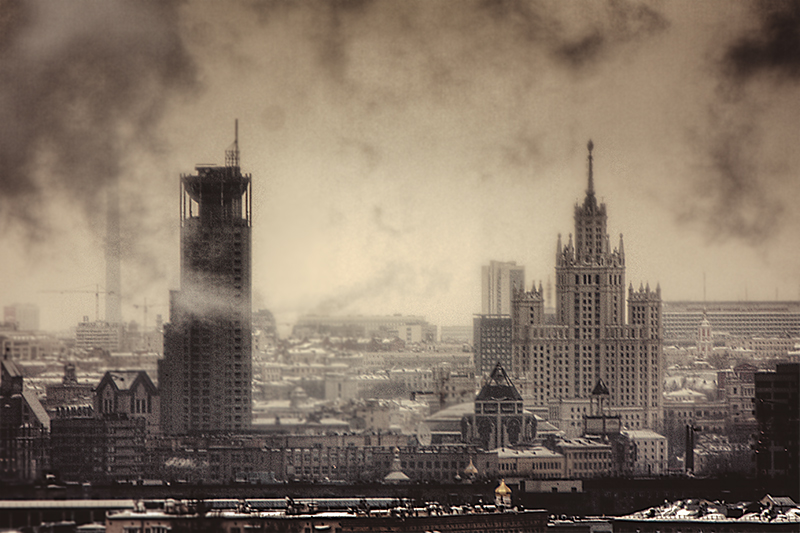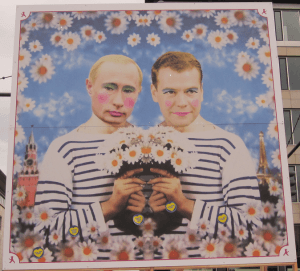Boris Berezovsky: An unwanted ‘wanted man’
By Sean L Hanley, on 25 March 2013

Photo: AJC1 via Flickr License CC BY-SA 2.0
Alena Ledeneva looks back on the career of the controversial Russian oligarch.
Boris Abramovich Berezovsky was born on 23 January 1946 and died on 23 March 2013. Although hated by many Russians, Berezovsky was also one of the most politically important, exposed and most widely written about figures in Russia of the 1990s. For many he was a symbol of that era.
Berezovsky’s rise to become one of Russia’s richest men has been chronicled in both journalistic and fictionalised accounts. Godfather of the Kremlin by Paul Klebnikov, the Forbes journalist murdered in Moscow in 2004, Bol’shaya paika (‘The Big Slice’) a novel by Yuli Dubov, Berezovsky’s business partner and friend – who like him received political asylum in the United Kingdom – are among the most interesting. The film Oligarkh (Tycoon) also features a main character very like Berezovsky.
After graduating in 1968, Berezovsky worked at various research institutes to become a senior fellow and a head of department at the Institute of Management of the Russian Academy of Sciences. His energy, creative spirit and talent for working through the Soviet system served him well and helped shape his success in the post-communist era.
In 1989, Berezovsky and Samat Zhaboev organized a joint stock company LogoVaz, which specialised in selling and servicing cars. In four years Logovaz became one of the leading Russian private businesses with a turnover of US$250 million in 1993. Berezovsky became the chairman of the LogoVaz Board in 1994.
Despite the dangers of Russia’s post-communist business environment – he survived an assassination attempt in June 1994 in which his driver died – Berezovsky moved on to acquire media and oil interests. In January 1995 he participated in setting up the ORT television channel joining its board of directors and in September 1996 he was elected to board of the Siberian oil company Sibneft. Berezovsky’s financial schemes – of the kind I examine in more detail in How Russia Really Works – were also the inspiration for a post-communist genre of literature often known as ‘economic thrillers’. (more…)
 Close
Close






